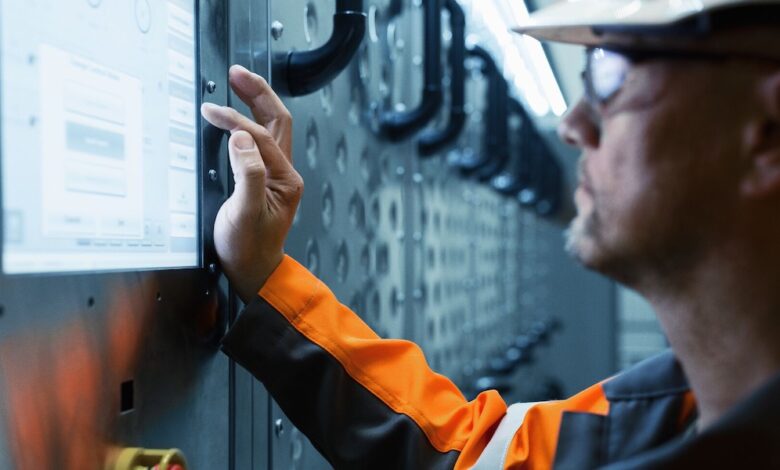Wärtsilä launches world-first radical derating solution for two-stroke engines

Engine maker Wärtsilä has introduced a new radical derating retrofit solution – Wärtsilä Fit4Power – to extend the emissions-compliant lifetime of merchant vessels by providing the existing two-stroke fleet with leaner, more optimised engines. The derating is currently available only for RT-flex96C engines.
The retrofit solution enables shipowners to reduce the bore size of two-stroke engines by 25% while improving combustion efficiency, which in turn reduces both fuel consumption and greenhouse gas emissions. Wärtsilä said today its new solution will ensure compliance with Carbon Intensity Indicator (CII) regulations, as well as future-proofing assets against future environmental measures.
Wärtsilä 2-Stroke Services successfully completed the pilot installation of Wärtsilä Fit4Power onboard a containership with large-bore two-stroke main engine last year. The results proved that a vessel with this kind of main engine, that is now oversized for today’s operating patterns, can save 2,000 tonnes of fuel and reduce at least 6,000 tonnes of CO2 emissions annually thanks to this retrofit solution. Fit4Power received a certificate of product design assessment from the American Bureau of Shipping (ABS) in 2022.
Ole Pyndt Hansen, managing director at Wärtsilä 2-Stroke Services, said: “With the IMO’s CII now in force, operators of merchant vessels need cost-effective solutions that can assure the long-term fitness of their existing fleet. Radical derating gives mid-life engines a new lease of life, with a power output and emissions profile that can take them through the early years of CII and prepare them for the most efficient use of new fuels needed to reach later emissions targets.”
While conventional derating merely tunes engines for operation at lower loads, Wärtsilä Fit4Power involves reducing the bore diameter of engine cylinders and introducing a new combustion chamber design, enabling the engine to run at optimal loads and with optimal fuel efficiency.
Analysis from Wärtsilä shows that without modification, more than 80% of the global merchant fleet could fall into the lowest CII rating by 2030.
The new solution is also designed to be compatible with Wärtsilä Fit4Fuels, a retrofit solution enabling vessels to use LNG, methanol, and ammonia fuels.
